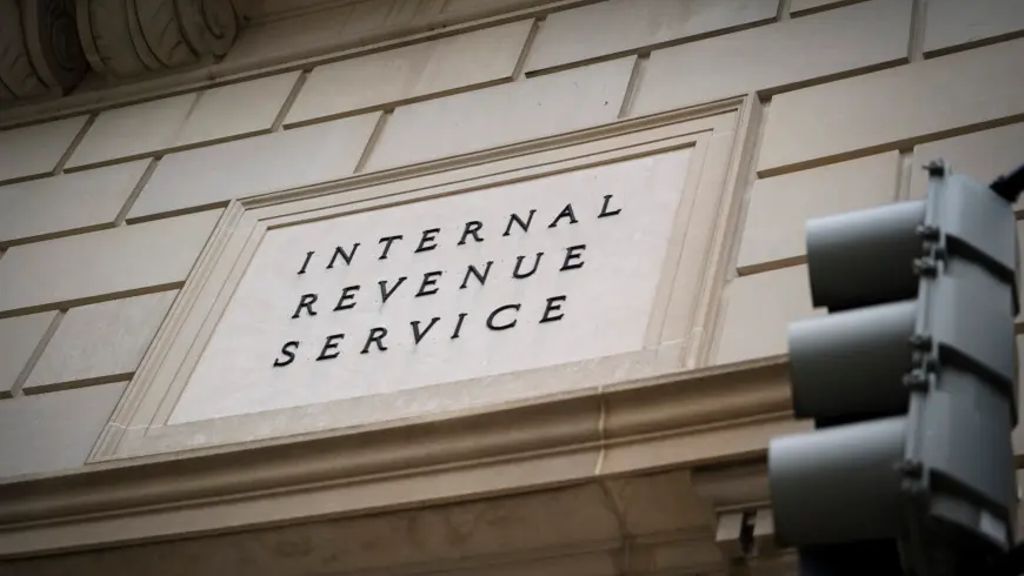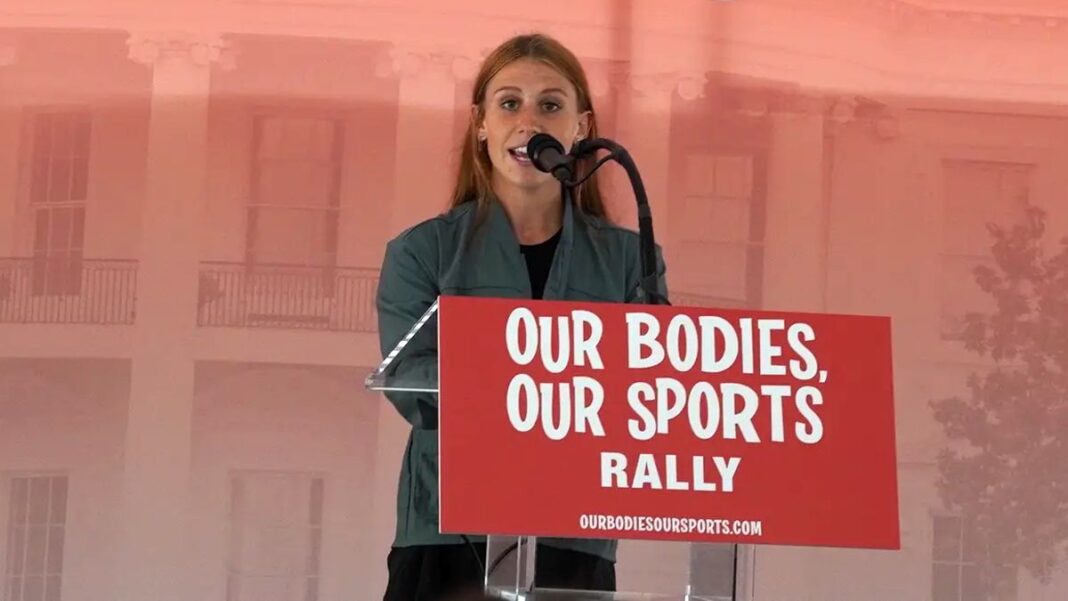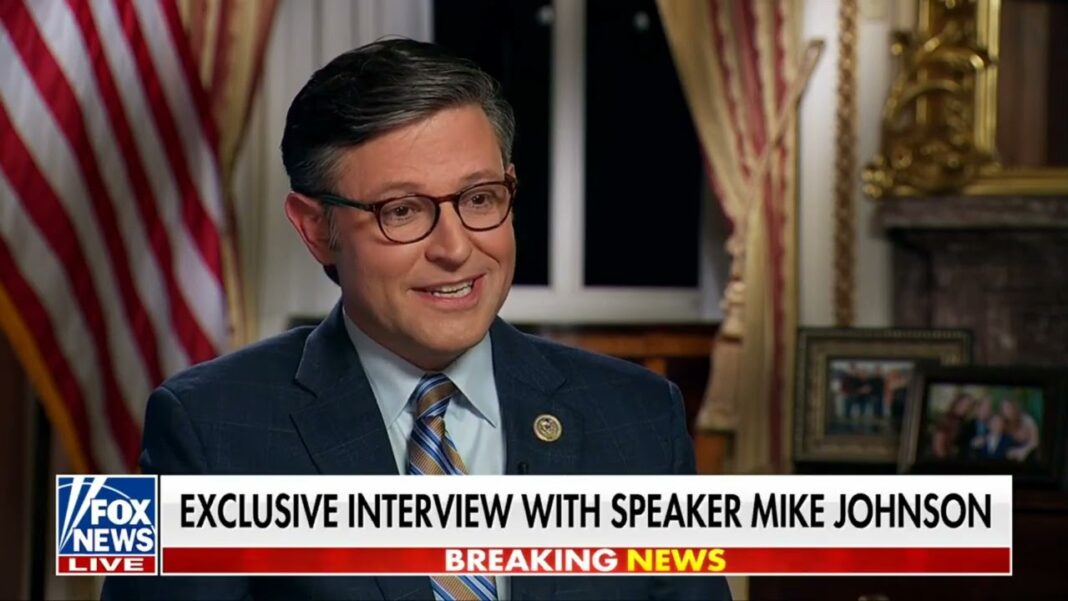A House panel probing ‘weaponization’ of the federal government claims that its investigative pressure led the IRS to end its surprise door-knock policy.
The GOP-led “weaponization” subcommittee in Congress said in a new report that the IRS decided to end its policy of “abusive” surprise visits to taxpayers’ homes due to pressure from the panel.
“The Committee’s and Select Subcommittee’s oversight revealed, and led to the swift end of, the IRS’s weaponization of unannounced field visits to harass, intimidate, and target taxpayers,” states the report, which was released by the Select Subcommittee on the Weaponization of the Federal Government on Oct. 27.”Taxpayers can now rest assured the IRS will not come knocking without providing prior notice—something that should have been the IRS’s practice all along,” it adds.
The IRS did not immediately respond to a query from The Epoch Times as to the degree to which pressure from the “weaponization” subcommittee weighed on the agency’s decision to do away with the unannounced field visit policy.
In July, when the IRS announced it was putting an end to most unannounced agent visits to Americans’ homes, the agency cited security concerns regarding both agency field officers as well as taxpayers.
‘Common-Sense’ Policy Change
The IRS said in July that it was putting an end to most surprise in-person visits by its agents at taxpayers’ homes.
The move reversed decades of policy that saw IRS revenue officers knock on the doors of taxpayers’ homes without forewarning in attempts to resolve delinquent tax matters.
At the time, the IRS said it changed the policy in a bid to lower the risk that anxiety-provoking surprise home visits by tax enforcers could spiral out of control, posing a hazard to both taxpayers and agency field officers.
Experience shows that unannounced door knocks at homes and businesses were high-risk encounters, with agents routinely facing “hazards and uncertainty” when making surprise visits, according to the IRS.
Unannounced visits also created what the IRS called “public confusion” and posed risks to taxpayer safety.
By Tom Ozimek









